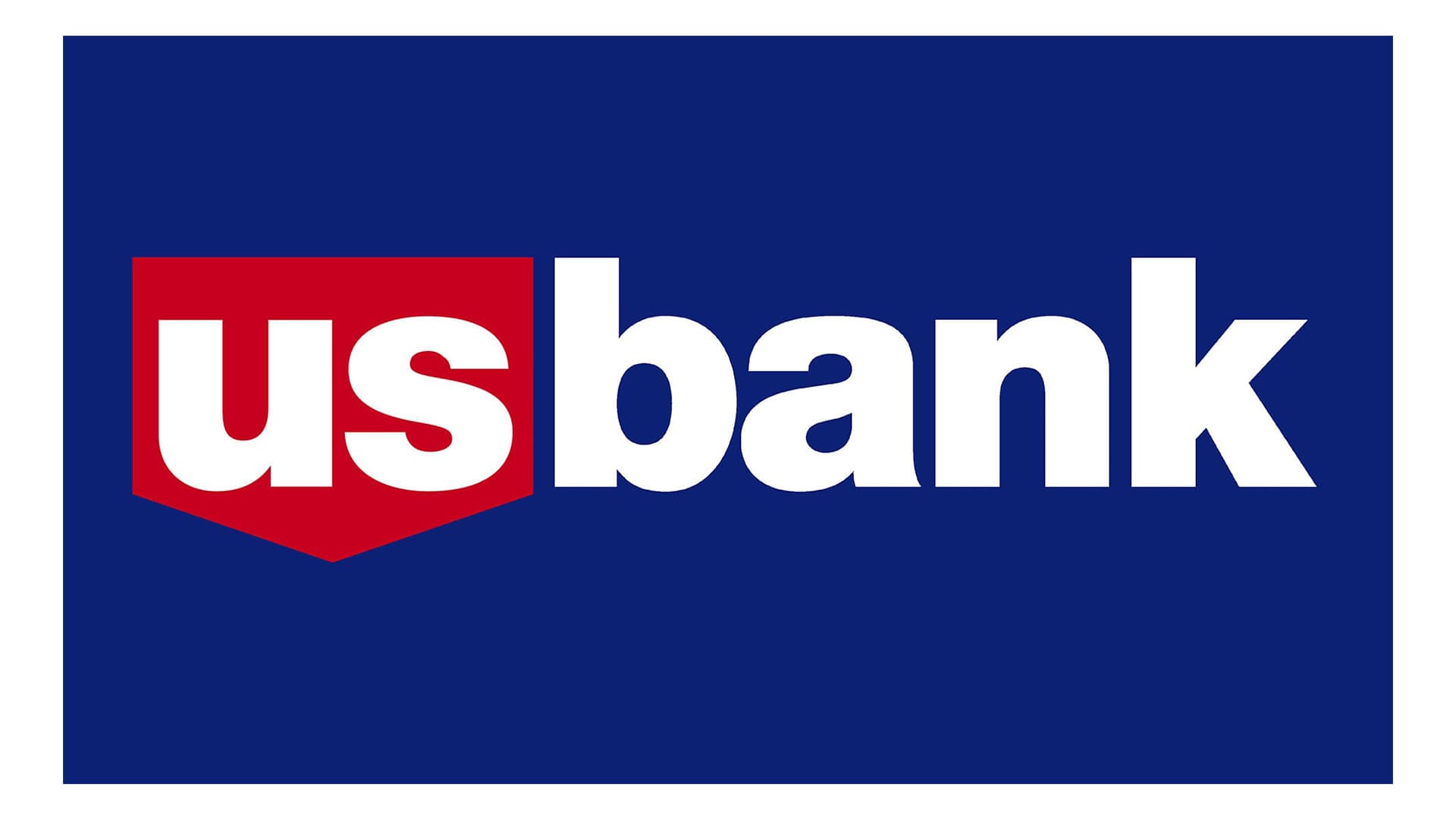In the United States, conquering financial challenges can be daunting. Debt management is a crucial strategy for individuals aiming to stabilize their finances and achieve financial freedom. Whether you’re dealing with credit card debt, student loans, or any other liabilities, learning how to manage and reduce debt effectively can pave the way to a healthier economic future.
Anúncios
Having a clear understanding of your financial situation is the first step toward better fiscal health. It involves knowing exactly where your money comes from, where it goes, and how much you have saved or owe. Utilizing various techniques and approaches, such as budgeting, tracking expenses, and setting financial goals, can help you get back on track and ultimately stay out of the red.
Understanding debt management

Debt Management involves creating a structured plan to pay off what you owe and managing your financial resources effectively. The process usually starts with evaluating your current financial situation, including your income, monthly expenses, and total debts. By assessing these, you can identify areas where you can cut costs and allocate more money towards debt repayment.
Many people turn to credit counseling services for help. These services provide expert advice on managing finances and creating a repayment plan that suits your budget. Seeking professional guidance can help you bypass common pitfalls and streamline the process of eliminating your financial burdens.
Evaluating your financial situation
Before creating a debt management plan, it is essential to thoroughly assess your financial standing. Begin by listing all your debts, including credit cards, loans, and any other financial obligations. Note down their respective interest rates, minimum payments, and outstanding balances.
Next, review your income and monthly expenditures. Categorize your expenses to understand where a significant portion of your money goes. This detailed breakdown will highlight areas where you can reduce spending and free up resources for paying down debt faster.
Once you have a clear picture of your financial landscape, you can set realistic goals for debt repayment. Knowing exactly what you owe and what you earn allows you to create a customized plan that is both practical and achievable.
The role of credit counseling
Credit counseling agencies offer invaluable support for those struggling with financial burdens. These organizations provide professional advice to help you manage your finances more effectively. Initially, a credit counselor will review your financial situation and help you develop a budget that prioritizes debt payment.
Credit counselors can also assist in negotiating with creditors to lower interest rates or waive certain fees. This can make it easier to manage monthly payments and reduce the overall time needed to pay off your debts.
Strategies for paying off debts
There are various methods to tackle your financial obligations, and the most effective strategy often depends on your specific situation. Here are some techniques to consider: One common strategy is the debt snowball method, which involves paying off your smallest debts first while making minimum payments on the larger ones. This approach provides quick wins and momentum to stay motivated.
The debt snowball method
The debt snowball method is an effective way to regain control of your finances. Start by making a list of all your debts, ordered from smallest to largest balance. Focus on paying off the smallest debt first while making minimum payments on other debts. Once the smallest debt is cleared, move on to the next smallest balance, and so on.
This technique provides a psychological boost as you quickly eliminate individual debts. The satisfaction gained from these small victories serves as motivation to continue the effort, creating a “snowball” effect that accelerates your journey to financial freedom.
The debt avalanche strategy
Another popular approach is the debt avalanche strategy. This method prioritizes debts with the highest interest rates first, aimed at minimizing the interest you accumulate over time. Start by listing your debts from highest to lowest interest rates. Focus on paying off the debt with the highest rate while making minimum payments on the others.
As you eliminate high-interest debts, you free up more money to apply toward the next highest-rate debt. This approach is advantageous for saving money on interest in the long run. Though it may take longer to see the first debt fully repaid, the overall financial benefits are substantial.
Maintaining financial health
Once you’ve made progress in paying off your debts, maintaining financial health becomes paramount. Establishing a budget, building an emergency fund, and planning for future expenses are crucial steps in ensuring you remain debt-free. A well-structured budget allows you to monitor your income and expenditures closely, ensuring you live within your means.
An emergency fund provides a financial cushion for unexpected expenses, preventing the need to incur more debt. Continually educating yourself on personal finance and reassessing your financial goals periodically will help sustain your financial stability. By implementing these best practices, you can enjoy the lasting benefits of a debt-free life.



